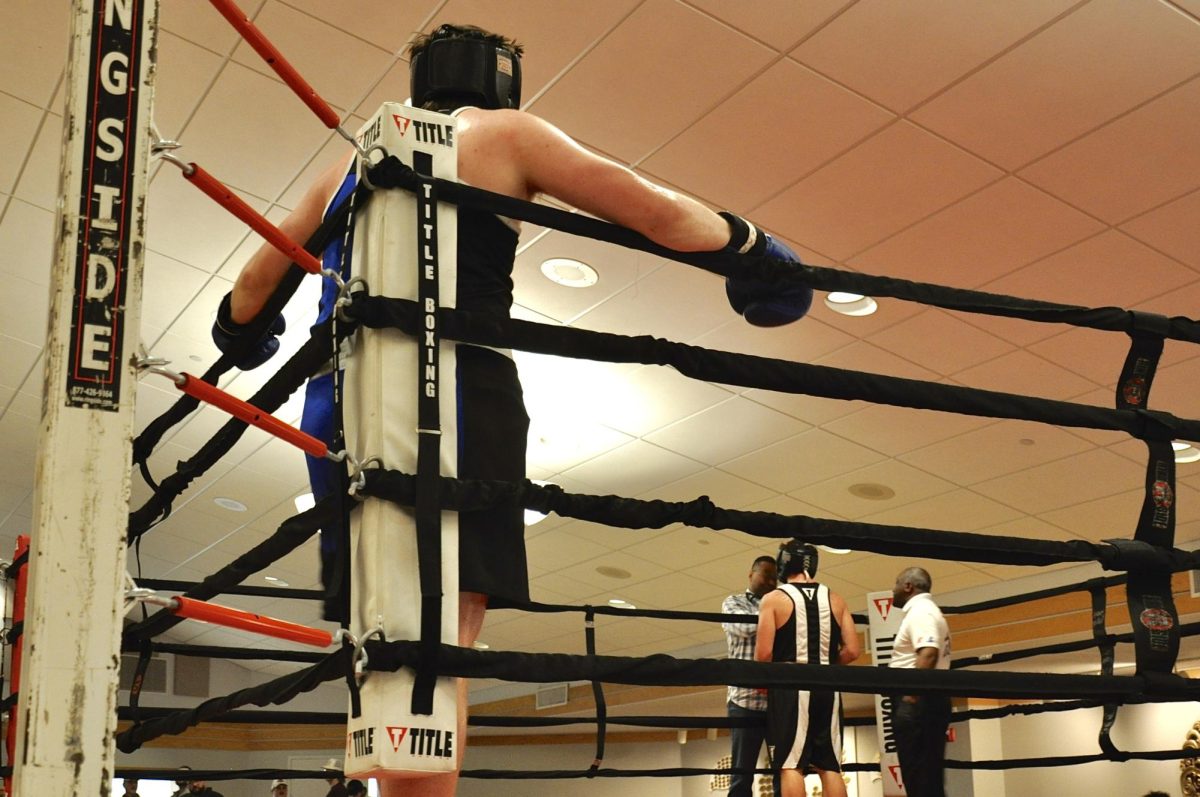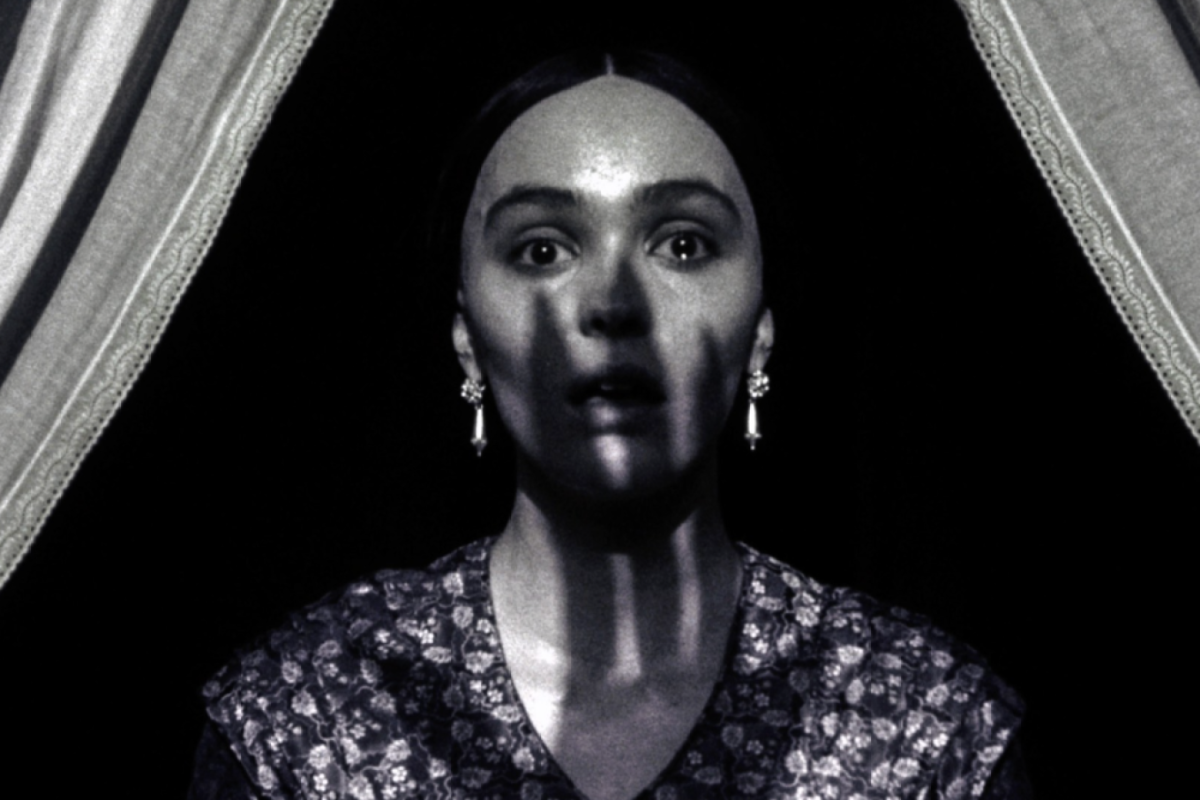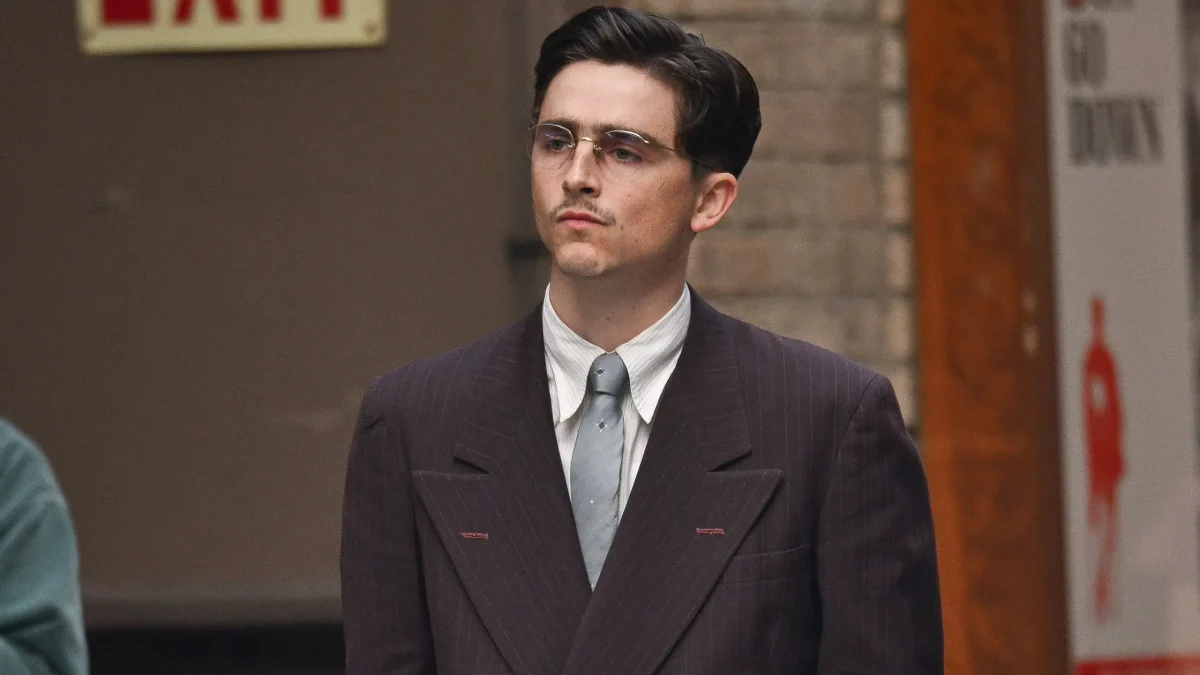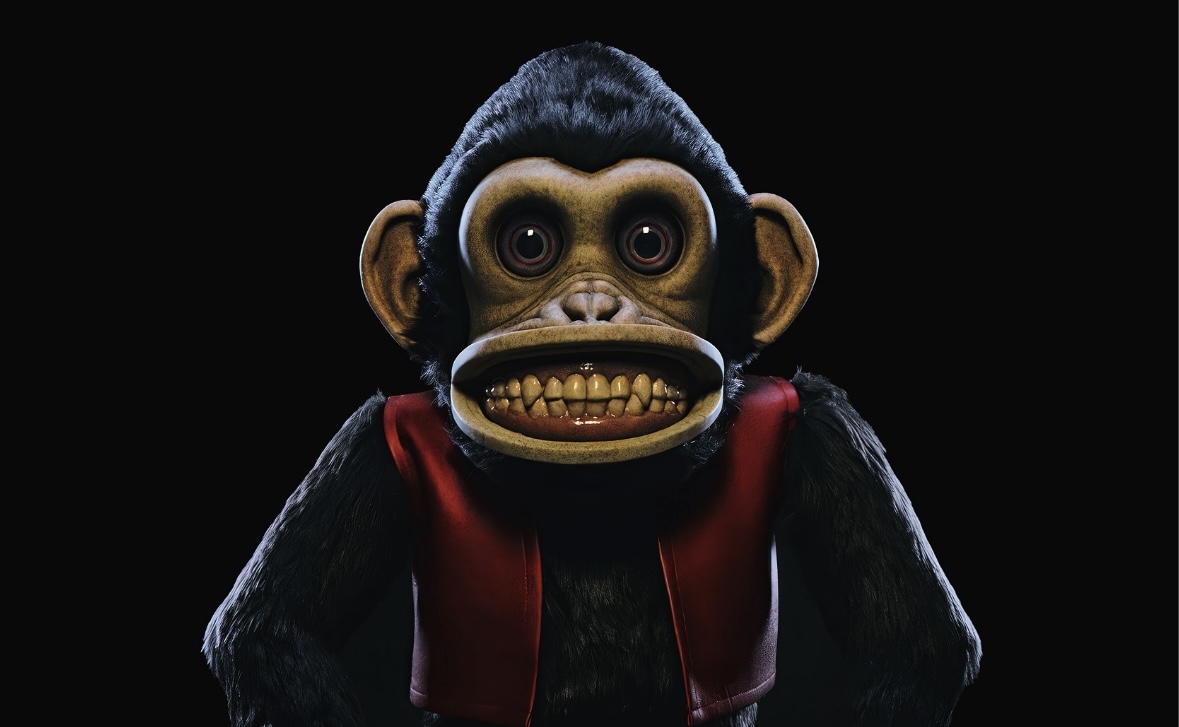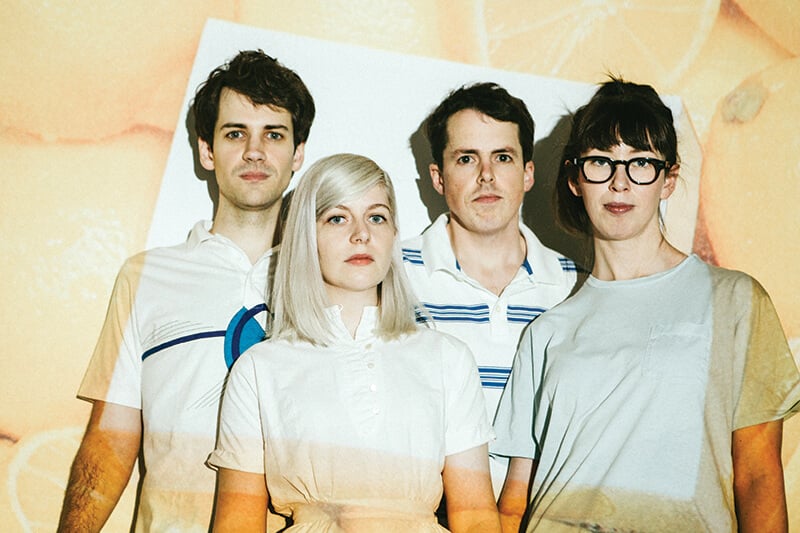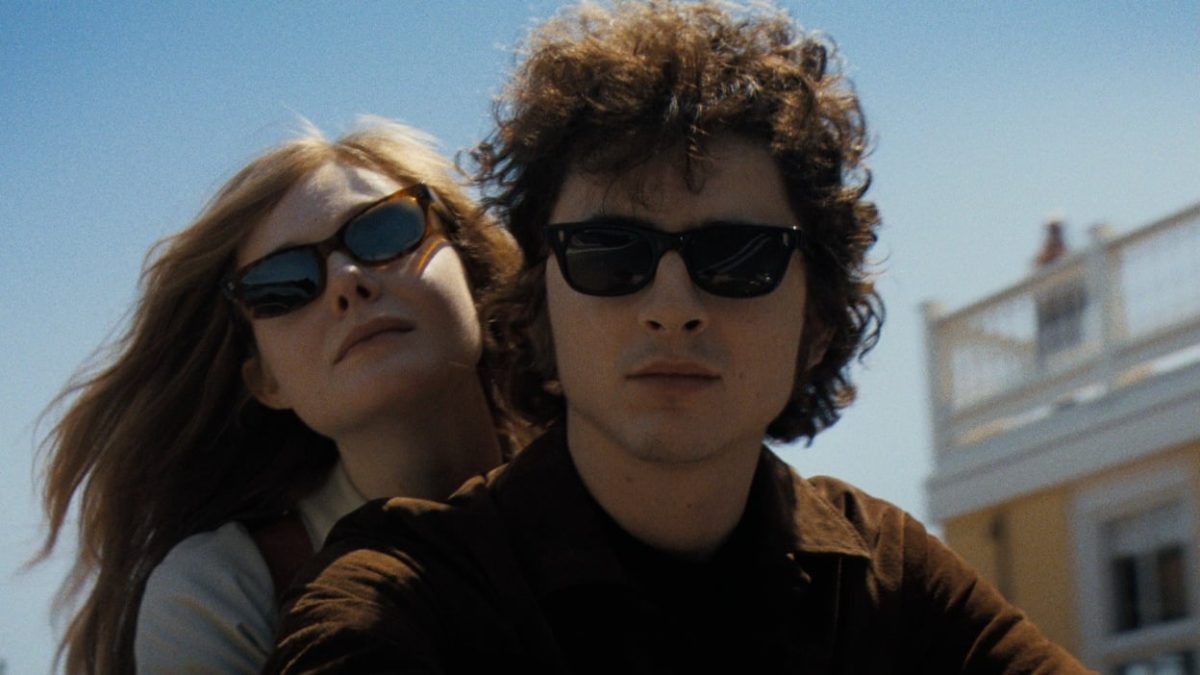When one envisions a cinematic reimagining of the classic Lewis Carroll tale of Alice and her adventures, a short list of directors comes to mind. Such a magical, whimsical and weird tale requires a certain kind of vision, and it is no surprise that, with Disney’s backing, Tim Burton was chosen for the job. (Let’s be honest, families aren’t taking their children to see David Lynch’s Alice in Wonderland.) The big question going into the film was whether audiences would be getting the visionary Burton that directed Edward Scissorhands and Sleepy Hollow, or the uninspired Burton that gave us Corpse Bride and (worst of all) the intolerable Planet of the Apes remake. Unfortunately Alice in Wonderland ends up fitting into the latter category, though it certainly isn’t as bad as Apes.

In Underland, the world’s unusual residents are living under the oppressive regime of the Red Queen (Helena Bonham Carter, Sweeney Todd: The Demon Barber of Fleet Street) and long for the days when the benevolent White Queen (Anne Hathaway, Valentine’s Day) was in charge. If Alice is in fact the Alice, the residents of Underland insist, she will be able to slay the brutish Jaberwocky (an evil dragon under the Red Queen’s control), therefore reinstating the White Queen.
As interesting and fantastical as this all sounds, the sad truth is that Alice in Wonderland is a generally dull and uninspired film. Alice wanders around parts of Underland, such as the tea party of the Mad Hatter (Johnny Depp, Public Enemies) and the March Hare and the castles of both queens; this seems to be mostly just involving all of the characters and scenes one would expect from an Alice film. The movie’s narrative is barely cohesive and, at times, nonsensical.
Characters come and go, and Alice is taken through the motions until she inevitably saves the day, and, in the process, rediscovers herself.
Surprisingly, the visuals are not as over-the-top and gothic as one would expect from Burton—he seems rather toned down throughout the film. This may be due to Disney’s involvement or the PG-rating, but the sets, costumes and visuals seem restrained, a real disappointment considering the film’s 3-D upgrade. Frequent collaborator Danny Elfman delivers an appropriate, and somewhat catchy, score; but it isn’t enough to make up for the film’s other technical deficiencies.
Of course, Burton uses his two favorite actors in the film: his wife Carter and friend Depp. His co-conspirators deliver polarizing performances: Carter is an absolute delight as the Red Queen; she is funny, bossy and ridiculous (digitally enlarged head included), and easily steals every scene she’s in. Depp, conversely, seems to be going through the motions with his obviously overwritten Hatter. He is not wacky or funny, just there. This is capped off by a ridiculous break dance sequence called the Futterwacken that he performs near the film’s finale.
Otherwise, most of the acting is serviceable, though Crispin Glover’s (Back to the Future) Stayne—Knave of Hearts who is pseudo-devoted to the Red Queen is another overused and annoying character.
Aside from Carter, the best performances come in the form of voice work. Stephen Fry’s (V for Vendetta) Cheshire Cat is perfect, and the smiling feline is one of the few delights of the film; Alan Rickman (Harry Potter films) is also wonderfully cast as the voice of the hookah-smoking, advice-dispensing Absolem, the Blue Caterpillar.
When it’s all said and done, a few decent performances and 3-D visuals are not enough to make Alice in Wonderland worth going through the looking glass.
The film is boring, overlong and not worth the premium 3-D ticket prices (though the film has already been wildly successful).
Had Burton been on his game, it could have been a different story instead of the uninspired mess that it is.




